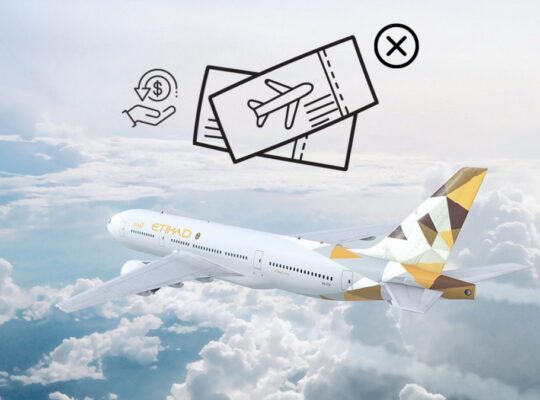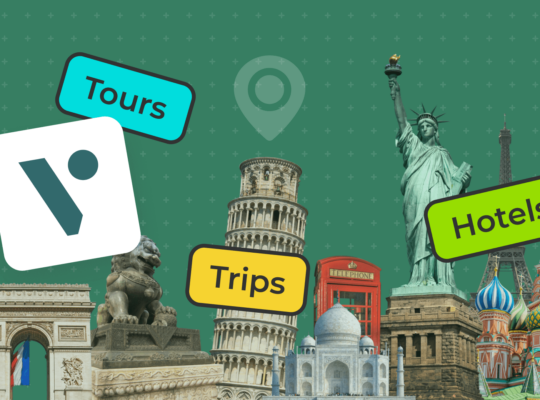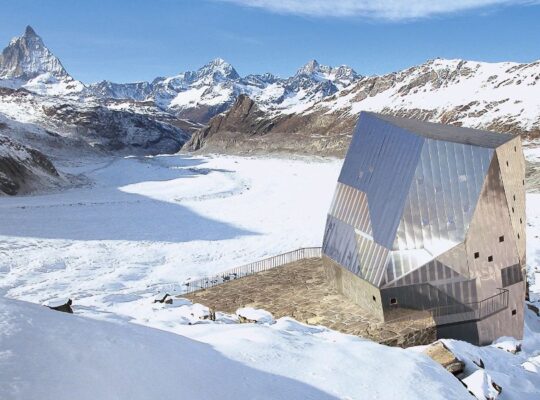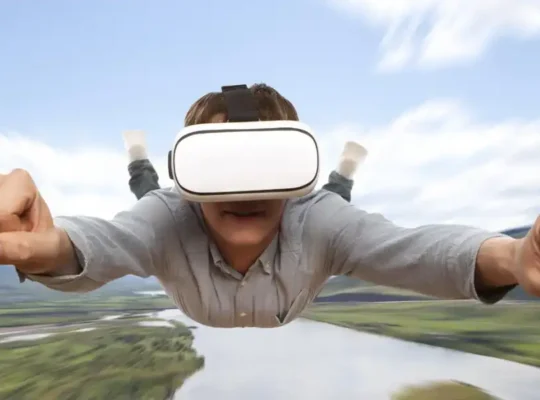In the bustling realm of urban development, a groundbreaking force is quietly emerging – Quantum Urbanism. As we navigate the intricate tapestry of city life, the infusion of quantum computing into urban planning and exploration is reshaping our understanding of what's possible. Join us on this cerebral expedition as we delve into the profound implications of Quantum Urbanism, unlocking a new era in city expeditions.
Unveiling Quantum Urbanism
The convergence of quantum computing and urbanism opens doors to unprecedented possibilities. At its core, Quantum Urbanism harnesses the computational power of quantum mechanics to analyze complex urban systems, offering insights that traditional computing could only dream of achieving.
Decoding Quantum Computing
To grasp the essence of Quantum Urbanism, one must first understand the fundamentals of quantum computing. Unlike classical computers that use bits, quantum computers leverage qubits, allowing them to process vast amounts of information simultaneously. This paradigm shift in computational power forms the backbone of Quantum Urbanism's potential.
Quantum Urban Planning: A Paradigm Shift
Traditional urban planning faces challenges in managing the intricacies of modern cities. Quantum Urbanism, with its quantum algorithms and machine learning capabilities, empowers planners to optimize city layouts, traffic flow, and resource allocation, leading to more efficient and sustainable urban environments.
Quantum Sensors: Eyes on the Quantum City
Enter the quantum sensor revolution. These advanced devices, utilizing the principles of quantum entanglement, offer unprecedented precision in data collection. From monitoring air quality to predicting traffic patterns, quantum sensors provide real-time insights crucial for informed decision-making in urban planning.
The Quantum Leap in Transportation
City expeditions are incomplete without addressing the evolving landscape of transportation. Quantum algorithms optimize routes, minimizing congestion and reducing carbon footprints. Quantum Urbanism ensures that as cities grow, their transportation networks evolve intelligently.
Quantum Security for Urban Connectivity
In the age of smart cities, ensuring cybersecurity is paramount. Quantum encryption algorithms provide an impenetrable shield, safeguarding urban infrastructure from cyber threats. Quantum Urbanism not only envisions connected cities but also secures them in ways previously deemed unattainable.
Sustainable Urbanism through Quantum Insights
Sustainability is a cornerstone of Quantum Urbanism. By analyzing vast datasets, quantum algorithms identify eco-friendly solutions for energy consumption, waste management, and green spaces. The result? Cities that not only thrive but also nurture the planet.
Quantum Ethics: Navigating the Moral Landscape
As Quantum Urbanism reshapes our cities, ethical considerations come to the forefront. From data privacy to algorithmic biases, a responsible implementation of quantum technologies is imperative. Balancing progress with ethical guidelines ensures that our urban future is not only advanced but also just.
City Expeditions Redefined: Quantum Tourism
Imagine exploring cities through the lens of quantum entanglement. Quantum Tourism, an emerging concept, takes city expeditions to the next level. Visitors experience cities in a quantum state, where every facet is interconnected, providing a unique and immersive perspective.
Quantum Collaboration: The Future of Urban Development
The journey of Quantum Urbanism is a collaborative one. Governments, tech innovators, and urban planners must unite to harness the full potential of quantum technologies. A collective effort ensures that the benefits of Quantum Urbanism are accessible to all, fostering inclusive urban development.
Final Words
As Quantum Urbanism intertwines with the fabric of urban development, the city of tomorrow emerges—a place where efficiency, sustainability, and connectivity converge harmoniously. This quantum leap in urbanism is not just a technological evolution but a societal transformation, paving the way for cities that resonate with the rhythm of the future.
Commonly Asked Questions
Q1: How does Quantum Urbanism impact city infrastructure?
Quantum Urbanism optimizes infrastructure planning, enhancing efficiency and sustainability through advanced algorithms and quantum sensors.
Q2: Is Quantum Tourism a realistic concept?
Absolutely. Quantum Tourism offers a unique perspective, allowing visitors to experience cities in a quantum state, fostering a deeper connection with urban environments.
Q3: How does Quantum Urbanism address ethical concerns?
Ethical considerations are paramount. Quantum Urbanism advocates for responsible implementation, ensuring data privacy, and mitigating algorithmic biases for a just urban future.
Q4: Can Quantum Urbanism be applied to smaller cities?
Yes, the principles of Quantum Urbanism can be tailored to suit cities of varying sizes, promoting inclusive and adaptive urban development.
Q5: What role do quantum sensors play in urban planning?
Quantum sensors revolutionize data collection, providing precise and real-time information crucial for informed decision-making in urban planning.












